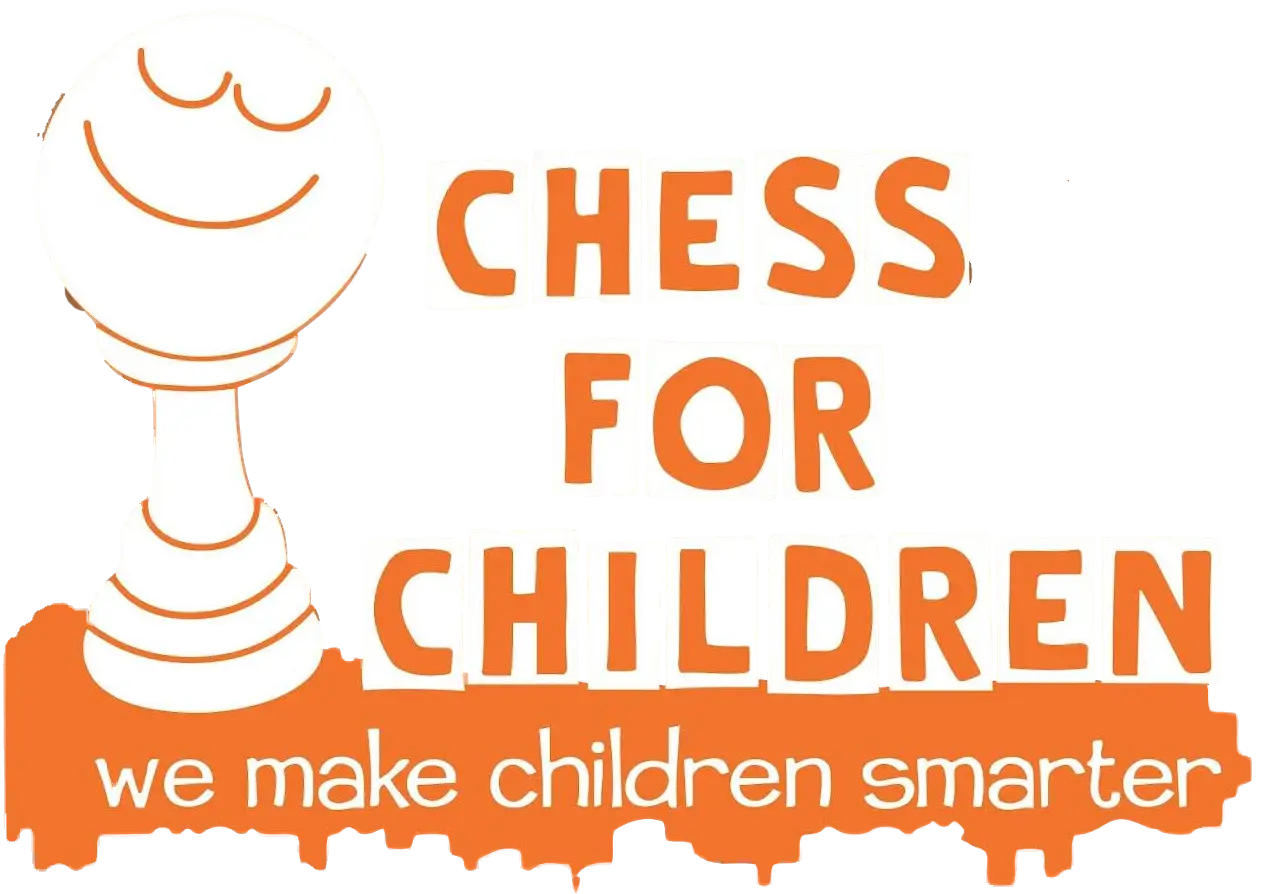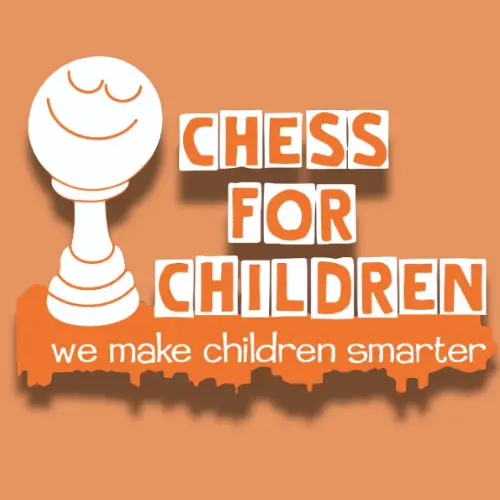3 minute Chess Lesson: #1 Steinitz
A New Chess for Children Video Chess Lesson Series
We at Chess for Children are proud to present a new video series titled 3 minute Chess Lessons. Steinitz was the 1st Official World Chess Champion and because of that we thought it would be only fair to make him the first 3 minute video.
A little about me, Steinitz!
Hey kids, first let me introduce myself. I am Wilhelm Steinitz and I was an Austrian and later American chess player and the first undisputed world chess champion from 1886 to 1894.
Early Life
Born on May 17, 1836 in the Jewish ghetto of Prague, I was a hardware retailer’s thirteenth son. A friend taught me to play chess at the age of 12. But I began playing seriously in my twenties, after leaving Prague to study mathematics in Vienna. I improved rapidly in the late 1850’s, progressing from third place in the 1859 Vienna championship. In my period, I was nicknames as “the Austrian Murphy”.
I was then sent to represent Austria in a chess tournament and I was placed sixth. I immediately challenged the fifth-placed contestant to a math where I won five wins, one draw and three losses. Then I turned into a professional chess player and played many matches with the world’s best chess players.
Personal Life
Later I married a lady named Caroline, in the 1860s, and our only daughter Flora was born in 1867. Flora then died in 1888 at the age of 21 and Caroline died in 1892. I married my second wife and a few years later, I had two children by her.
My Legacy
However, when discussing chess history from the 1870s onwards, commentators have debated whether I was effectively the champion earlier. Statistical rating systems gave me a rather low ranking among world champions, mainly because I took several long breaks from competitive play. An analysis based on one of those rating systems shows that I was one of the most dominant players in the history of the game. Surprisingly, I was unbeaten in over 25 years of match play.
Chess is so inspiring that I do not believe a good player is capable of having an evil thought during the game. The task of the positional player is systematically to accumulate slight advantages and try to convert temporary advantages into permanent ones, otherwise the player with the better position runs the risk of losing it.
If you would like a copy of my Free Chess Book “The Modern Chess Instructor” just click here
If you would like to know more about me, Wilhelm Steinitz, you can visit Bill Wall’s outstanding chess page here.



